Home>Garden Essentials>How Much Does Soybean Seed Cost
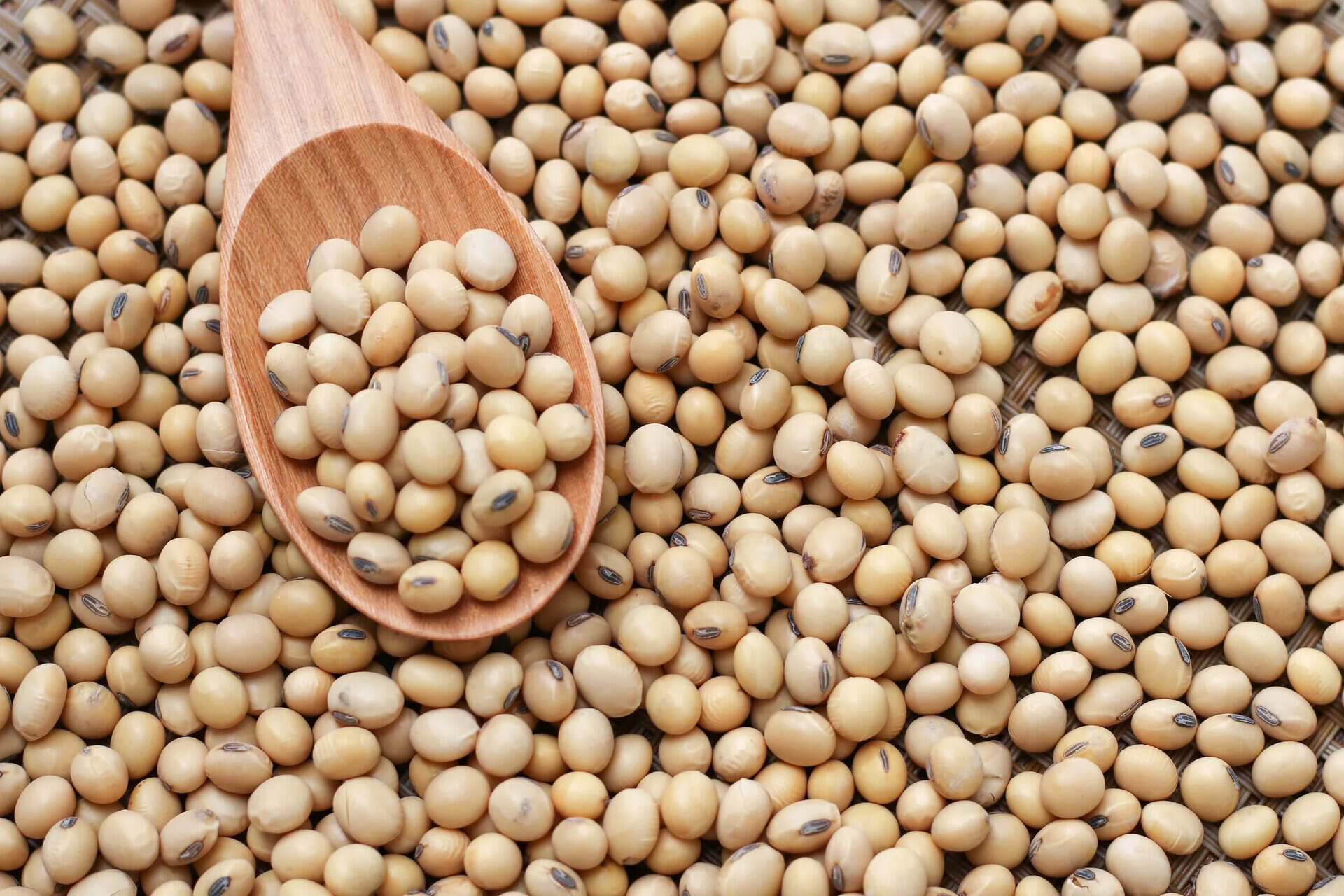

Garden Essentials
How Much Does Soybean Seed Cost
Modified: March 24, 2024
Find out the cost of soybean seeds for your garden and get started on your planting. Explore affordable options and boost your garden's potential.
(Many of the links in this article redirect to a specific reviewed product. Your purchase of these products through affiliate links helps to generate commission for Storables.com, at no extra cost. Learn more)
Introduction
Welcome to our comprehensive guide on understanding the cost of soybean seed. If you’re an avid gardener or a farmer looking to grow soybeans, understanding the factors that affect seed cost is crucial. Investing in high-quality seed is essential for achieving healthy and productive plants.
Soybeans are one of the most widely grown and economically important crops in the world. They are rich in protein and oil, making them valuable for both human consumption and animal feed. As the demand for soybeans continues to rise, so does the emphasis on finding the right seed and maximizing yields.
When it comes to the cost of soybean seed, there are several factors that influence pricing. These factors range from seed genetics and trait technology to seed treatments and brand reputation. By understanding these factors, you can make informed decisions when purchasing soybean seed for your garden or farm.
In this guide, we will explore the average cost of soybean seed, the variations in pricing, and the key factors to consider when buying soybean seed. Whether you’re a seasoned farmer or a beginner gardener, this information will help you navigate the world of soybean seed pricing and make the best choices for your specific needs.
So, let’s dive in and explore the fascinating world of soybean seed cost and what factors play a role in determining its price.
Key Takeaways:
- Soybean seed cost varies based on genetics, traits, treatments, and brand reputation. Understanding these factors helps farmers and gardeners make informed purchasing decisions for successful soybean crops.
- Consider adaptability, yield potential, genetics, seed quality, treatments, brand reputation, and value when buying soybean seed. These factors are crucial for maximizing crop success and making confident choices.
Read more: How Much Does Alfalfa Seed Cost
Factors Affecting Soybean Seed Cost
Several key factors influence the cost of soybean seed. Understanding these factors will help you better comprehend and evaluate the pricing structure in the seed market. Let’s explore these factors in detail:
- Genetics and Trait Technology: The genetics of the soybean seed play a significant role in its cost. Seeds with advanced genetics and trait technology, such as disease resistance, herbicide tolerance, or higher yield potential, tend to command a higher price. These innovative traits are developed through extensive research and testing, which adds value to the seed.
- Seed Treatments: Seed treatments are applied to protect the seed and young seedlings from diseases, pests, and environmental stress. Treatments such as fungicides, insecticides, and nematicides enhance the seed’s performance and increase its price. The specific treatments used and the level of protection they offer will impact the overall cost of the seed.
- Brand Reputation: Established seed companies with a strong presence and reputation in the market often charge a premium for their soybean seed. This is because these companies have invested in research, development, and rigorous quality control measures to ensure superior performance and reliability. Buying seed from a reputable brand can provide peace of mind but may come at a higher cost.
- Seed Availability: The availability of specific soybean seed varieties can affect their cost. If a particular variety is in high demand or has limited supply, its price may increase. Conversely, when certain varieties have abundant availability, their prices may be more competitive.
- Seed Size and Weight: The size and weight of soybean seeds can also impact their cost. Larger seeds generally have a higher planting rate and, therefore, may be priced higher. However, it’s important to note that seed size and weight alone are not indicative of seed quality or performance.
- Market Competition: The competitive landscape of the seed market can influence pricing. If multiple seed companies offer similar products, prices may become more competitive as companies vie for customers. Conversely, if a particular variety is unique or exclusive to a specific company, it may command a higher price.
It’s important to keep these factors in mind when evaluating soybean seed prices. Consider your specific needs, budget, and the intended use of the crop to make an informed decision.
Now that we’ve explored the factors affecting soybean seed cost, let’s move on to understanding the average cost of soybean seed.
Average Cost of Soybean Seed
The average cost of soybean seed can vary depending on various factors such as seed quality, genetics, traits, brand, and market conditions. It is essential to have a general understanding of the typical price range for soybean seed to guide your purchasing decisions.
On average, the cost of soybean seed ranges from $20 to $45 per unit, with a unit representing a specific quantity of seeds. The exact price within this range will depend on the factors previously discussed, such as genetics, traits, and brand reputation.
It’s important to note that high-quality soybean seed with advanced genetics and trait technology tends to be priced towards the higher end of the range. These seeds may offer increased disease resistance, improved yield potential, or tolerance to specific herbicides, making them advantageous for growers.
Seed treatments also contribute to the overall cost of soybean seed. Seeds with multiple treatments to protect against pests, diseases, and environmental stress may have a higher price tag compared to untreated or minimally treated seeds. However, bear in mind that investing in seed treatments can provide added protection and maximize the potential for a successful crop.
Additionally, brand reputation plays a role in soybean seed pricing. Well-established seed companies with a proven track record of producing high-quality seeds may charge more for their products. This higher cost reflects the investment in research, development, and quality control measures that ensure reliable and consistent performance.
In summary, the average cost of soybean seed ranges from $20 to $45 per unit, depending on factors such as seed quality, genetics, traits, brand reputation, and seed treatments. When considering soybean seed prices, it’s important to assess your specific requirements, budget, and the potential benefits of investing in higher-priced seeds.
Now that we have discussed the average cost of soybean seed, let’s delve into the variations in pricing and factors that contribute to these differences.
When considering the cost of soybean seeds, it’s important to factor in the seed variety, quality, and supplier. Additionally, keep in mind that prices can vary based on market conditions and location. Researching and comparing prices from different suppliers can help you make an informed decision.
Variations in Soybean Seed Cost
When it comes to soybean seed cost, there can be significant variations depending on a variety of factors. These variations can impact the final price you pay for the seed. Let’s explore some of the key factors that contribute to these variations:
- Seed Genetics and Traits: Seeds with advanced genetics and trait technology often come with a higher price tag. These seeds are developed through extensive research and are designed to offer benefits such as improved disease resistance, increased yield potential, or herbicide tolerance. The more advanced the genetics and traits, the higher the cost of the seed.
- Seed Treatments: Seed treatments can add to the price of soybean seed. Different treatments, such as fungicides, insecticides, or nematicides, are applied to protect the seed and young seedlings from various pests and diseases. The type and extent of the seed treatment will impact the overall cost of the seed.
- Brand and Reputation: Soybean seed prices can vary based on the brand and reputation of the seed company. Well-established and reputable brands may charge a premium for their seeds due to their commitment to quality, extensive research and development efforts, and trusted performance in the market.
- Seed Size and Weight: The physical characteristics of the seed, such as size and weight, can affect its cost. Larger seeds may require higher planting rates, resulting in a higher overall cost. However, it’s important to note that seed size and weight alone are not indicators of seed quality or performance.
- Seed Availability: The availability of specific soybean seed varieties can also impact their cost. If a particular variety is in high demand or has limited supply, its price may increase. Conversely, when certain varieties are abundant and easily accessible in the market, their prices tend to be more competitive.
- Market Competition: The competitive dynamics of the seed market can influence pricing. In a highly competitive market with multiple seed companies offering similar products, prices may become more competitive as companies strive to attract customers. However, if a specific seed variety is unique or exclusive to a particular company, it may command a higher price.
These factors, either individually or collectively, contribute to the variations in soybean seed cost. It’s important to consider your specific needs, budget, and farming goals when evaluating different seed options and their pricing.
Now that we’ve explored the variations in soybean seed cost, let’s move on to discussing some important factors to consider when buying soybean seed.
Factors to Consider When Buying Soybean Seed
When it comes to buying soybean seed, there are several important factors to consider to ensure that you make the best choice for your specific needs. By taking these factors into account, you can select the right seed that will help you achieve a successful and productive soybean crop. Let’s explore these factors in detail:
- Adaptability and Region: Consider the adaptability of the soybean seed to your specific region and growing conditions. Different soybean varieties are bred and developed to thrive in specific climates, soil types, and disease pressures. Choosing a variety well-suited to your region will increase the chances of success and maximize yield potential.
- Yield Potential: Evaluate the yield potential of the soybean seed. Look for varieties with a proven track record of high yields and consistent performance. It’s important to consider both the overall yield potential and the specific traits that contribute to yield, such as disease resistance or early maturity.
- Genetics and Traits: Pay attention to the genetics and traits of the soybean seed. Look for seeds that offer traits important to your specific farming goals, such as disease resistance, herbicide tolerance, or specific agronomic traits. The right combination of genetics and traits can significantly impact the performance and profitability of your soybean crop.
- Seed Quality: Assess the overall quality of the soybean seed. Look for seeds that have high germination rates, good vigor, and low levels of contaminants. High-quality seed will give you a strong start and increase the chances of a successful crop establishment.
- Seed Treatment Options: Consider the available seed treatment options. Seed treatments can provide added protection against diseases, pests, and environmental stress. Evaluate the specific treatments offered and their effectiveness in your area. However, ensure that the use of treatments aligns with your farming practices and environmental considerations.
- Brand Reputation: Take into account the reputation of the seed brand. Well-established seed companies with a history of delivering quality seeds are often a reliable choice. They invest heavily in research, genetic advancements, and quality control measures to ensure superior performance and customer satisfaction.
- Price and Value: Evaluate the price of the soybean seed in relation to its value. Consider the seed’s overall quality, genetics, traits, and performance potential when comparing prices. Remember that the cheapest option may not always provide the best value in terms of yield potential and overall crop performance.
By considering these factors, you can make an informed decision when purchasing soybean seed. It’s advisable to consult with local agricultural experts, seed representatives, or fellow farmers to gather additional insights and opinions to help guide your decision-making process.
Now that you’re armed with knowledge about the factors to consider when buying soybean seed, you can make confident choices and set yourself up for a successful soybean crop.
Read more: How Much Does Crop Rotation Cost
Conclusion
Understanding the factors that affect soybean seed cost is essential when it comes to making informed decisions as a gardener or farmer. By considering these factors, you can evaluate the pricing structure, select the right seed, and maximize the potential of your soybean crop.
We explored the key factors that influence soybean seed cost, including genetics and trait technology, seed treatments, brand reputation, seed availability, seed size and weight, and market competition. Each of these factors contributes to the variations in pricing and helps to determine the overall cost of soybean seed.
Additionally, we discussed the average cost range for soybean seed, which typically ranges from $20 to $45 per unit. This range can fluctuate depending on factors such as seed quality, genetics, traits, brand reputation, and seed treatments.
Furthermore, we highlighted the importance of considering factors such as adaptability to your region, yield potential, genetics and traits, seed quality, seed treatment options, brand reputation, and price and value when purchasing soybean seed. Taking these factors into account will help you make the best choice for your specific needs and maximize the success of your soybean crop.
In conclusion, by understanding the factors affecting soybean seed cost and considering the important factors mentioned above, you can navigate the soybean seed market with confidence. Remember to assess your specific requirements, budget, and farming goals when making your decision, and seek guidance from experts or fellow farmers to gain additional insights.
Now that you have a comprehensive understanding of soybean seed cost and the factors to consider when buying soybean seed, you are well-equipped to embark on your soybean-growing journey with confidence and success.
Frequently Asked Questions about How Much Does Soybean Seed Cost
Was this page helpful?
At Storables.com, we guarantee accurate and reliable information. Our content, validated by Expert Board Contributors, is crafted following stringent Editorial Policies. We're committed to providing you with well-researched, expert-backed insights for all your informational needs.

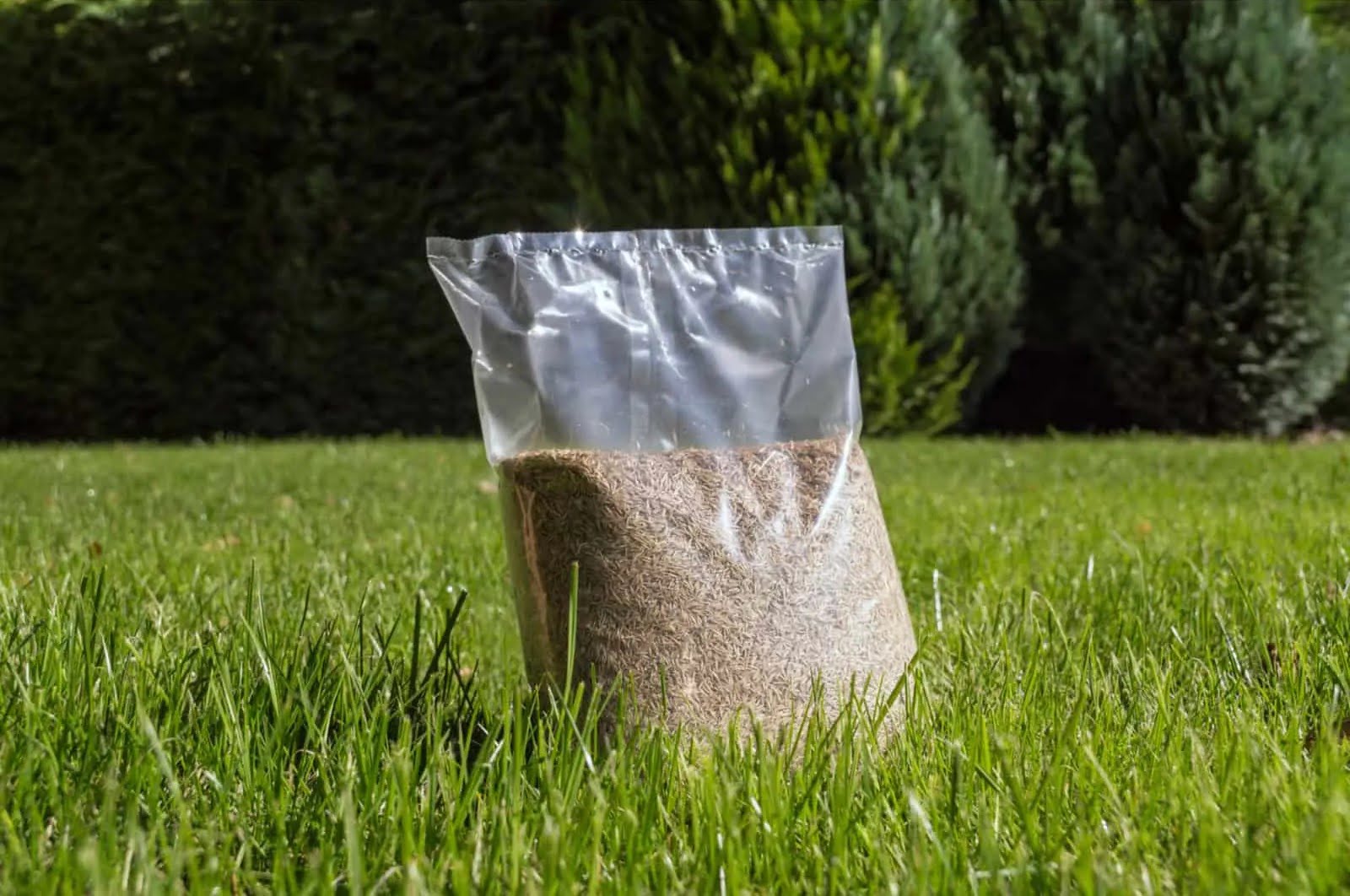
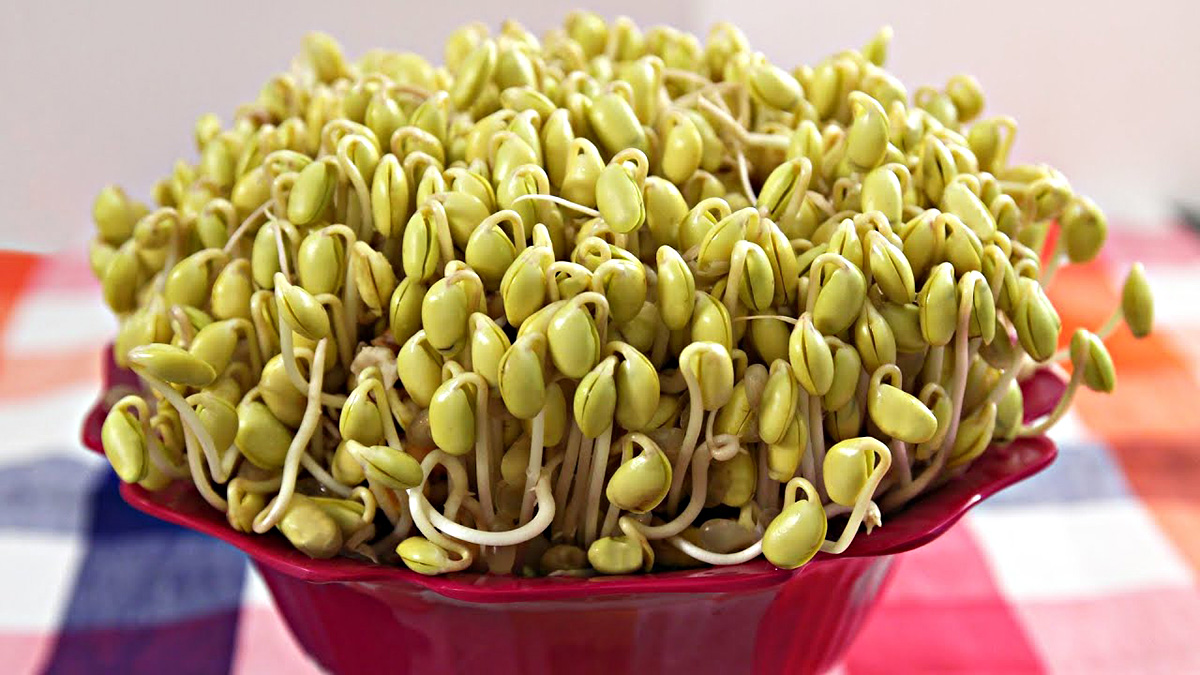
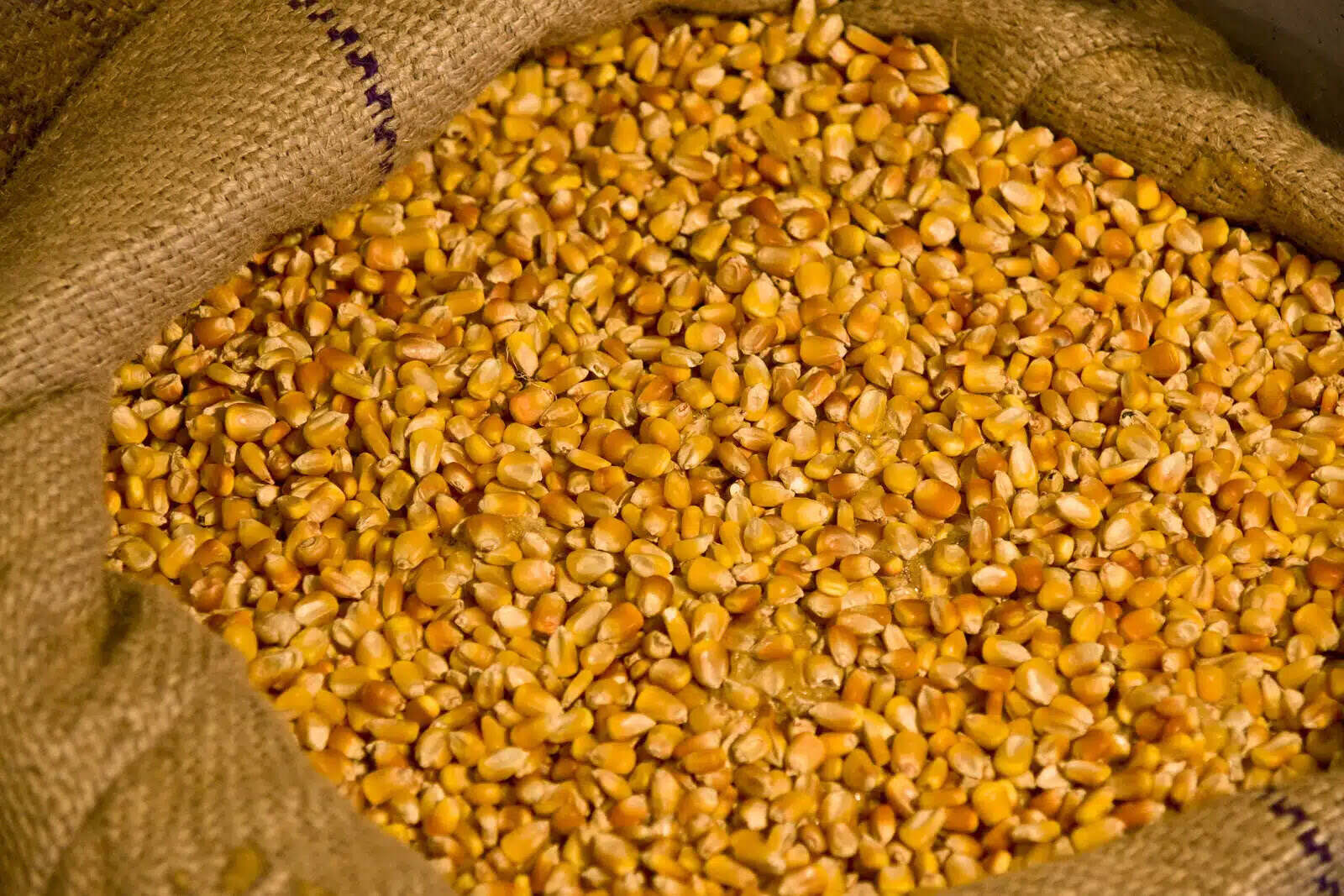
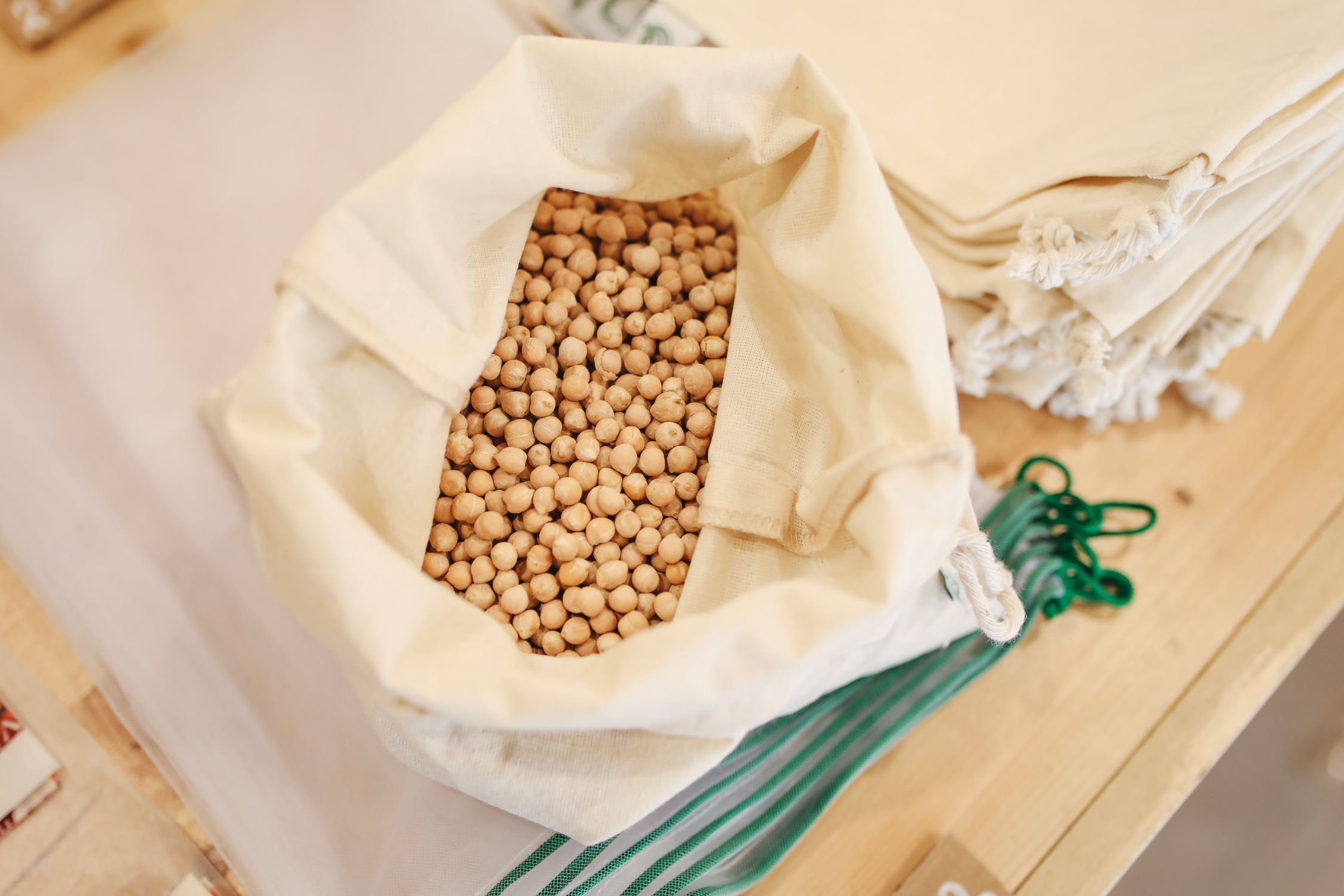
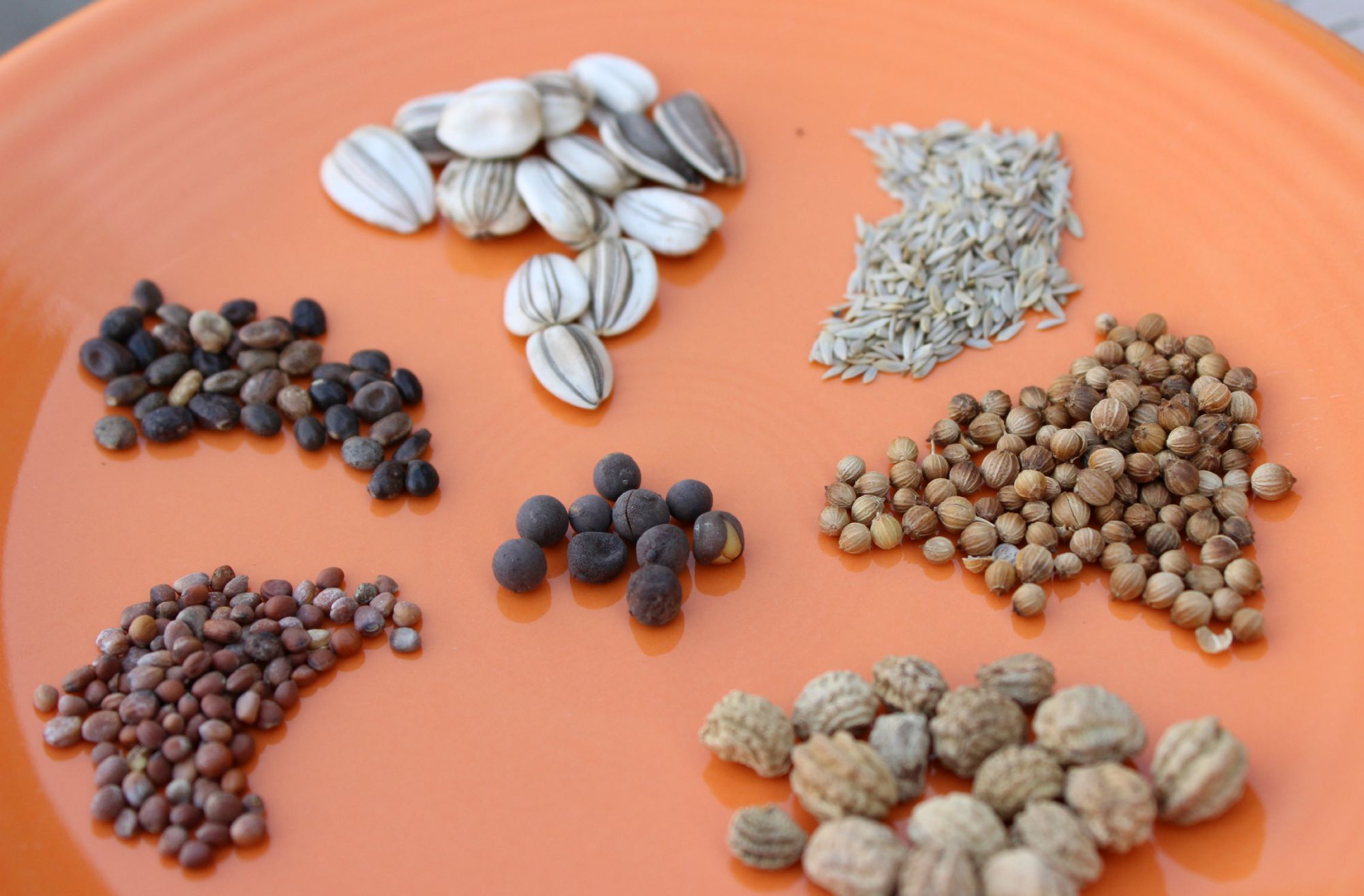
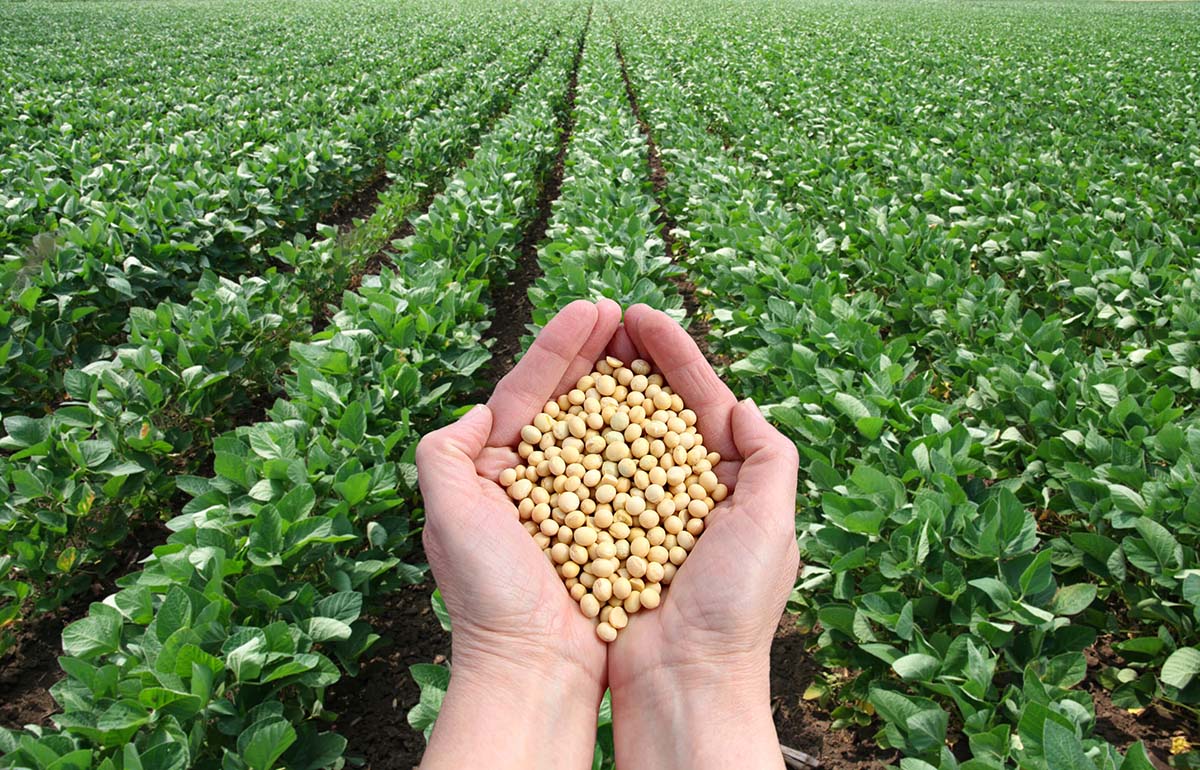








0 thoughts on “How Much Does Soybean Seed Cost”